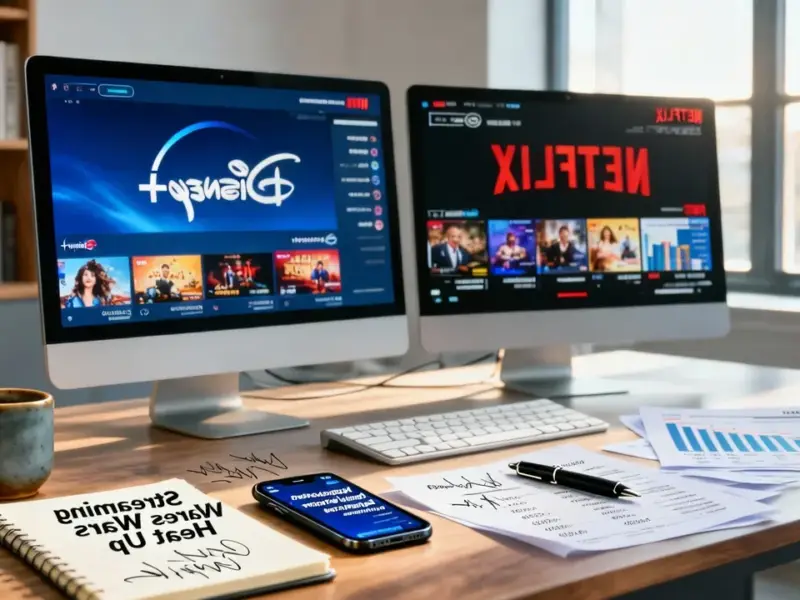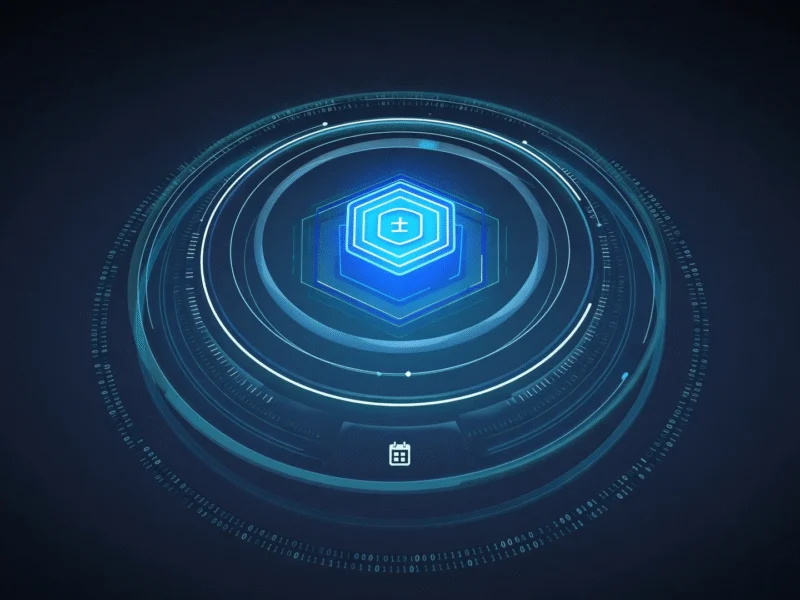According to Business Insider, David Kobrosky dropped out of the University of Michigan twice to pursue his startup dreams, first in 2018 to work for Gary Vaynerchuk at VaynerX and then permanently in late 2020 to found Intros AI. Despite being diagnosed with stage four blood cancer in early 2024, he worked 60-80 hour weeks through six months of chemotherapy. His company, which built AI tools for connecting people in online communities, was acquired by software company Bevy in July 2025 after a seed round that included backing from Siriam Krishnan. Kobrosky, now 26, was paid a $100,000 salary as CEO in 2024 and transitioned to a higher-paying AI product manager role at Bevy post-acquisition, finally achieving the financial security he’d been working toward for years.
The grind and the gain
Here’s the thing about startup stories like this: they’re equal parts inspiring and terrifying. Kobrosky basically sacrificed his entire early twenties to this company. Working seven days a week? Through cancer treatment? That’s an intensity level most people can’t even comprehend.
And you have to wonder—was it really worth missing all those meaningful moments with friends? Kobrosky seems to think so. The acquisition by Bevy clearly set him up financially in a way a traditional career path might not have. But man, that’s a brutal price to pay. It’s the classic founder trade-off: insane work ethic for potential outsized rewards.
AI community building
What’s interesting is how Kobrosky spotted the opportunity in AI-powered community connection way back in 2019. His early experiments with assistants like “MeetSunday” that would introduce people and schedule meetings seem almost prescient now. He was basically building relationship automation before it became a buzzword.
His vision of AI sending personalized connection invitations within big Slack or Facebook groups based on shared interests? That’s exactly the kind of tech that’s becoming crucial for enterprise communities today. It’s not just about throwing people together—it’s about intelligent matching that actually creates value.
Cancer as a catalyst
This is where the story gets really intense. Most founders talk about pressure from investors or market timing. Kobrosky had cancer adding existential urgency to an already high-stakes situation. His perspective that “time is scarce” became terrifyingly literal.
And yet he kept working those insane hours. That’s either incredibly dedicated or borderline concerning. But it does highlight something important about founder psychology—when you’ve poured your entire life into something, walking away isn’t really an option, even when your health is on the line.
Was it worth it?
Looking at the outcome—acquisition, financial security, a solid role at the acquiring company—it’s hard to argue with Kobrosky’s choices from a pure results perspective. He’s 26 and already has what most people work decades to achieve.
But these stories always make me wonder about the road not taken. What if he’d finished college? What if he’d prioritized health over hustle during treatment? We’ll never know. What we do know is that for Kobrosky, the 80-hour weeks and personal sacrifices delivered exactly what he wanted. And in the cutthroat world of startups, that’s about as happy an ending as you can expect.




